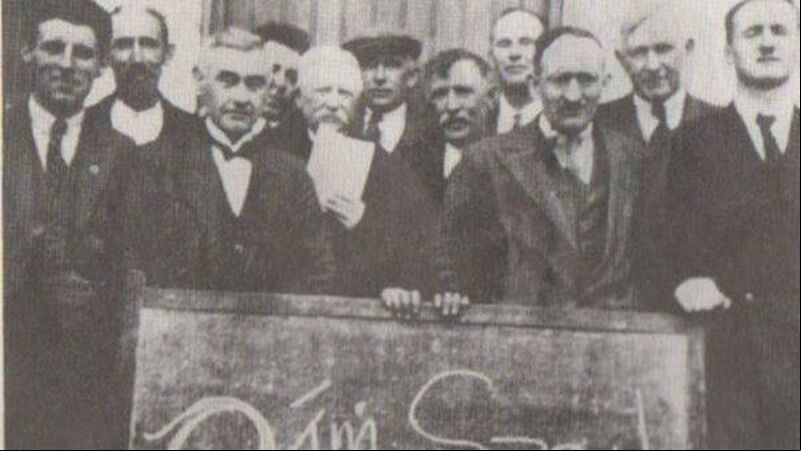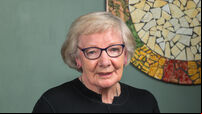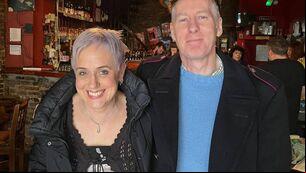The bards of Muskerry: 100th edition of the Dáimh Scoil to be held in Cork this Christmas

Daimhscoil Mhúscraí Uí Fhloinn in the early days. Holly Bough article.
Idir dhá Nollag, that traditional period of downtime between Christmas Day and Women’s Christmas, was always a busy time in our house as I grew up.
You can get more information about the Dáimhscoil on our website, www.daimhscoil.ie where you can also find this year’s ‘Cuireadh’ and ‘Ceist’ and find out more details about the event on December 29.
This article appeared in this year's Holly Bough.
The 2024 Holly Bough is now on sale and can be purchased here.










 App?
App?


